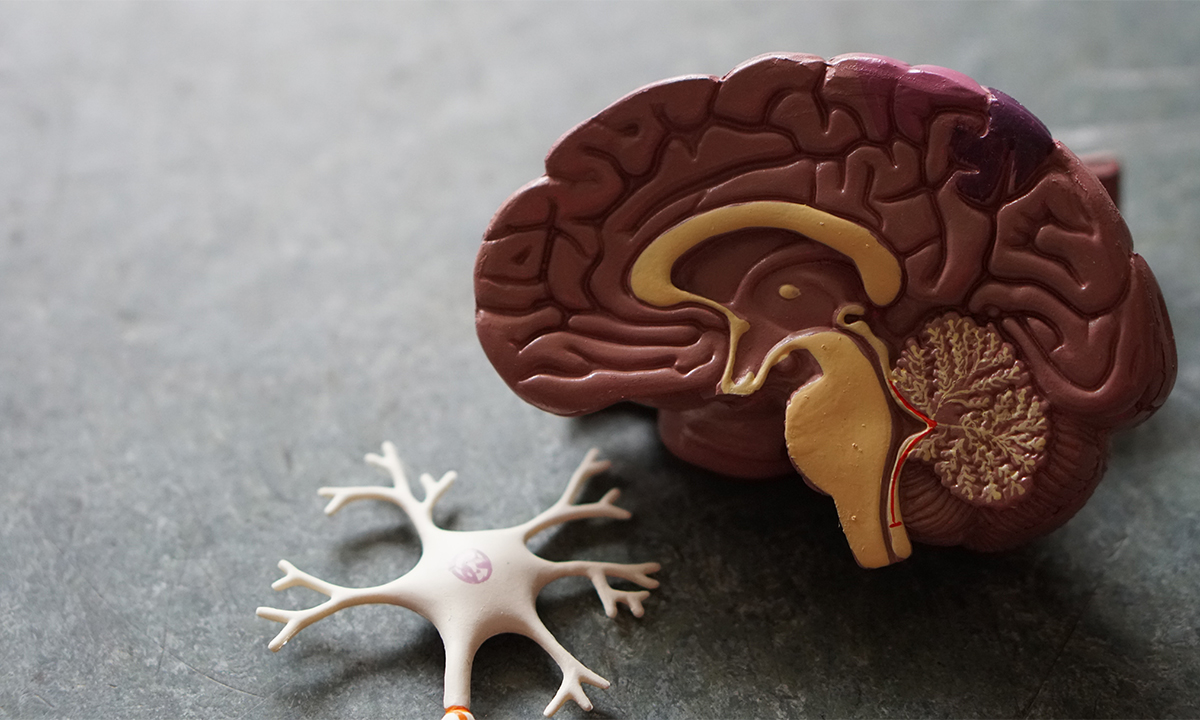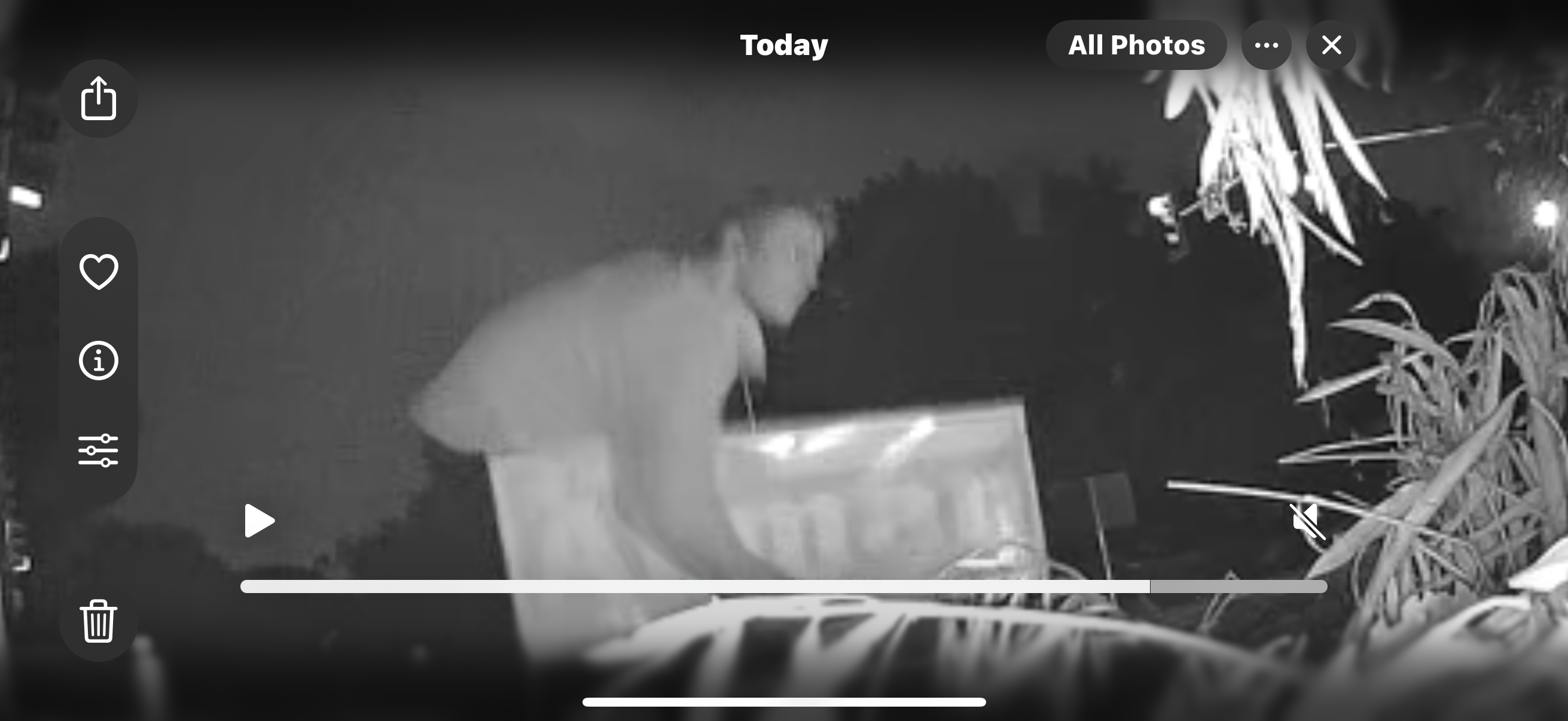Last Saturday, July 27, neurology experiments from UC San Diego and Aspen Neuroscience in La Jolla were sent to the International Space Station to be tested in microgravity. The researchers at UC San Diego sent up undeveloped brains with the hopes of observing the sample’s reaction to microgravity. These samples were derived from human stem cells taken from adults.
The results from this experiment may lead the way for research to help improve the possibility of life and travel in space for humans as well as gaining a better understanding of neurological disorders such as Parkinson’s disease. Also, the researchers anticipate discovering the effect of gravity on the growth of these brains to help aid studies on aging and disease growth in the brain.
A similar neurology experiment was sent by Aspen Neuroscience to look at how brain cells from the nervous and immune system interact. The reason for this experiment is to hopefully distinguish the cause of the damage to the nervous system that comes from diseases such as Parkinson’s and multiple sclerosis. As well, the experiment looks at similar cells in healthy astronauts to see the effect that the microgravity in space has on those cells.
The study is led by stem cell expert, Andres Bratt-Leal, and multiple sclerosis researcher, Valentina Fossati. Brat-Leal commented on the experiment saying, “We know that forces can influence the behavior of cells by changing aspects such as their shape. So, what happens when you remove gravity?” By removing the gravity and observing the brain’s response, researchers can understand the function of these cells.
The research from both UC San Diego and Aspen Neuroscience could help scientists identify new ways to treat Parkinson’s disease and multiple sclerosis. These samples will be returned in late August where the researchers can further examine them and complete their studies.
Photo by Robina Weermeijer




